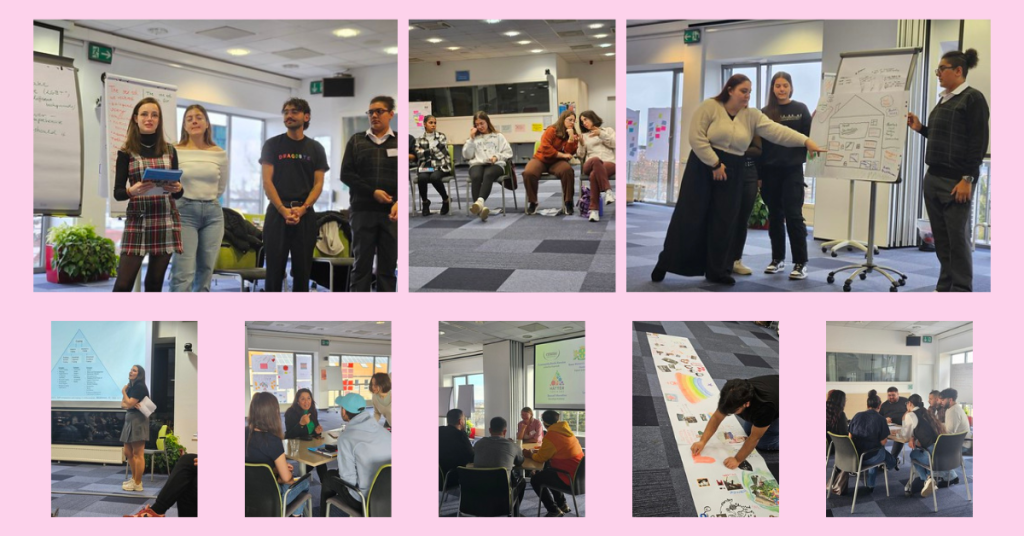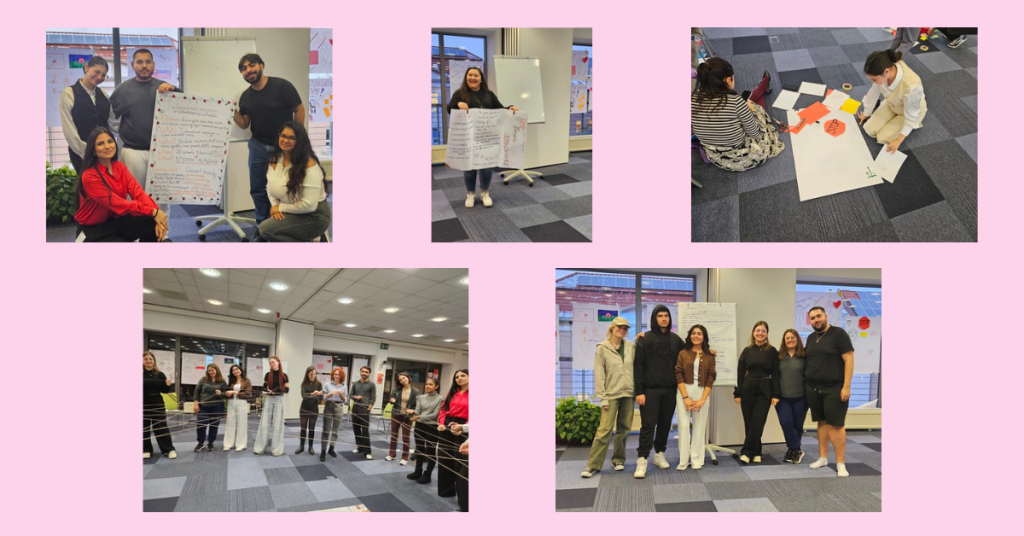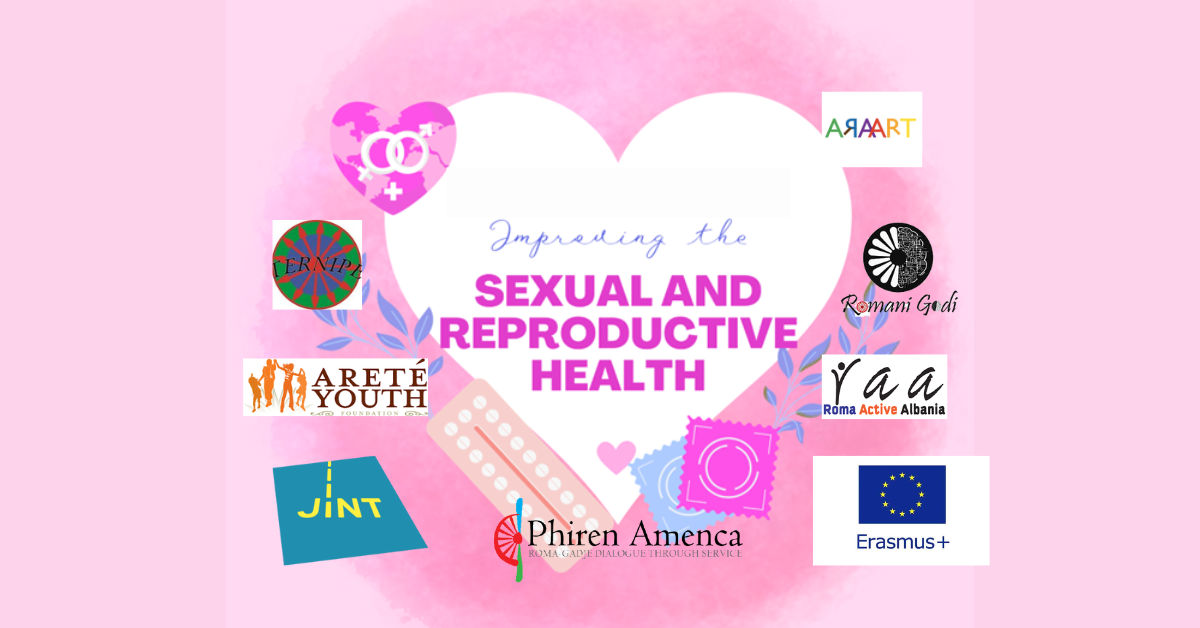Budapest, 17-23 November, 2024
“This exchange created a unique safe space where participants could openly discuss traditionally taboo topics, many for the first time in their lives. The resulting projects and recommendations demonstrate our commitment to creating lasting change in Roma communities.”
In November 2024, Phiren Amenca International Network together with ARAART, Arete Youth Foundation, RGDTS, Roma Active Albania, Romani Godi and Ternipe-Association for Roma Youth in Slovakia and Hungary, organized a transformative five-day exchange of youth workers in Budapest, bringing together 30 young Roma and LGBTQ+ youth workers and activists from across Europe. The seminar tackled crucial issues including antigypsyism in healthcare, comprehensive sexual education, trauma awareness, and intersectional discrimination affecting Roma women and LGBTQ+ individuals.

Through intensive workshops and collaborative sessions, participants explored sensitive topics such as forced sterilization, period poverty, early marriages, sexual harassment prevention, and access barriers to healthcare services. The exchange emphasized practical solutions, moving beyond theoretical discussions to develop concrete action plans.

The seminar produced five ambitious initiatives: an Early Marriage Prevention Program in Albania engaging both parents and children in Roma neighborhoods; an International Sex Worker Stories Publication project spanning through Europe; a Roma Women’s Health Support Services initiative in Slovakia establishing community doula services and a helpline preventing involuntary sterilization; a Sexual Harassment Awareness Campaign across five Bulgarian towns; and a coordinated International Sex Education Day Campaign in Turkey and Hungary combining educational workshops with free menstrual product distribution.
Participants developed detailed recommendations for improving sexual education, addressing stigmatization, preventing forced marriages, and enhancing healthcare access. Their proposals emphasize culturally sensitive approaches, community involvement in policy development, and addressing intersectional discrimination.

The exchange was funded by the Flemish National Agency JINT under the Erasmus Plus Programme of the European Union.



